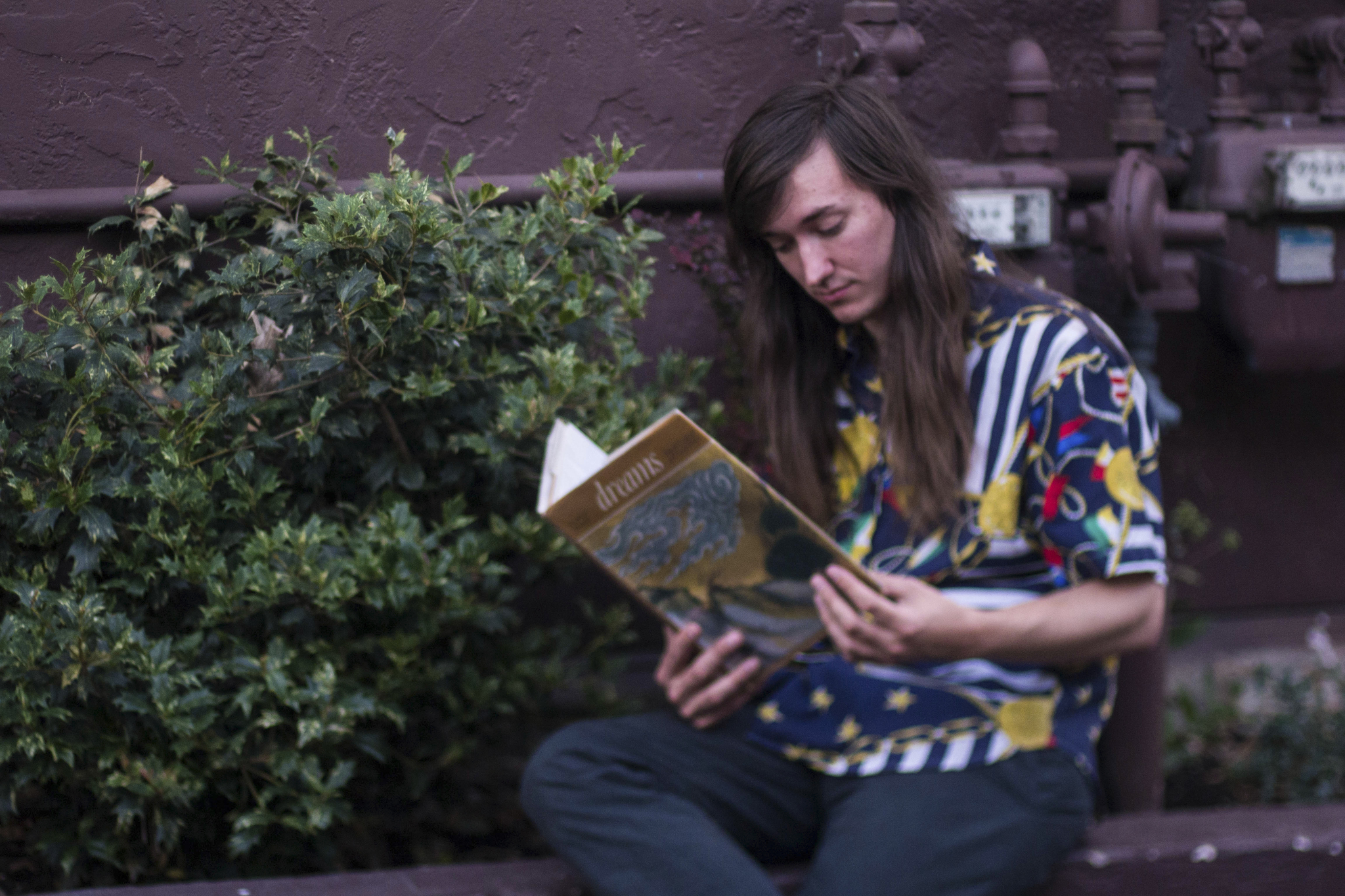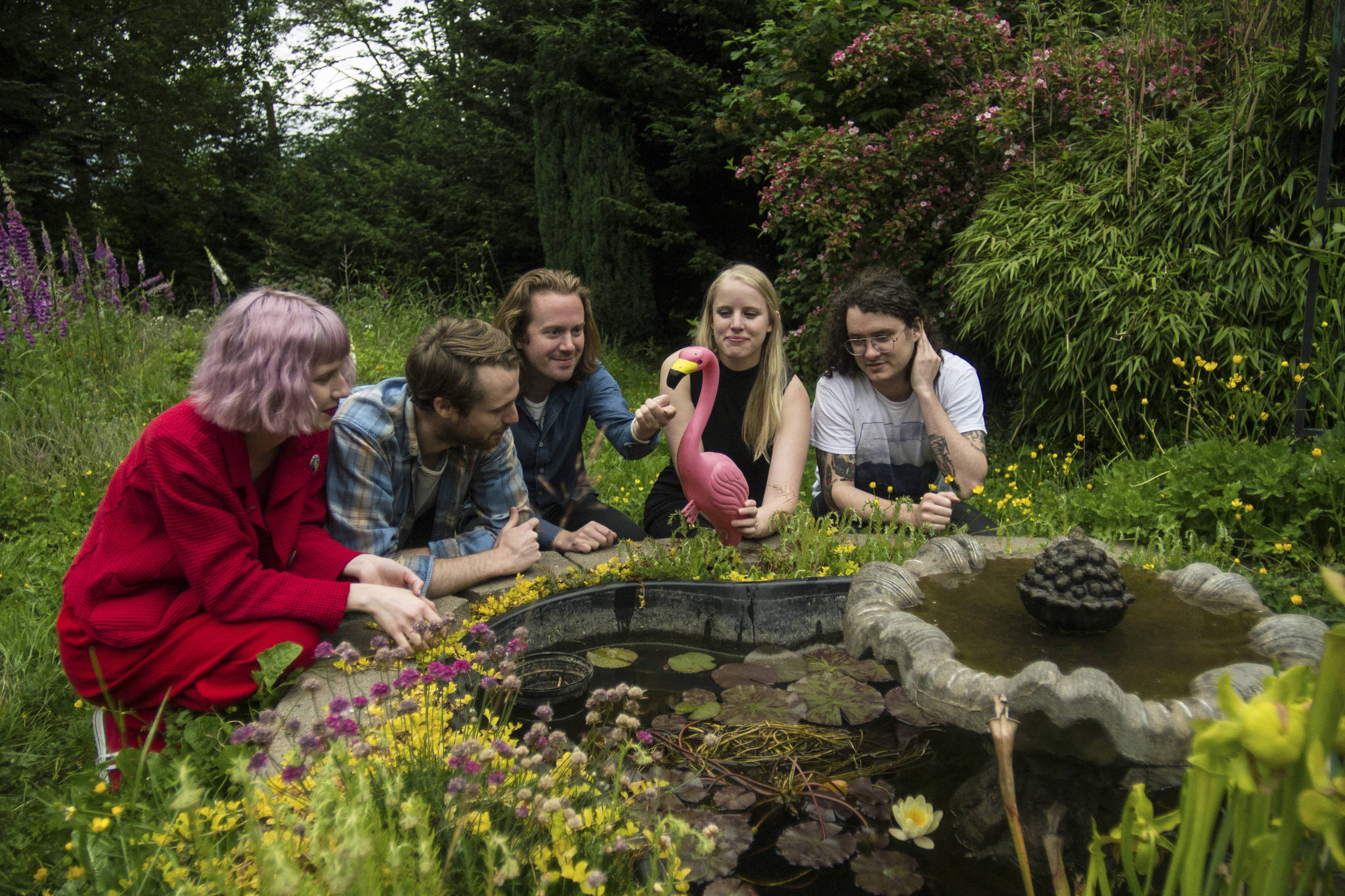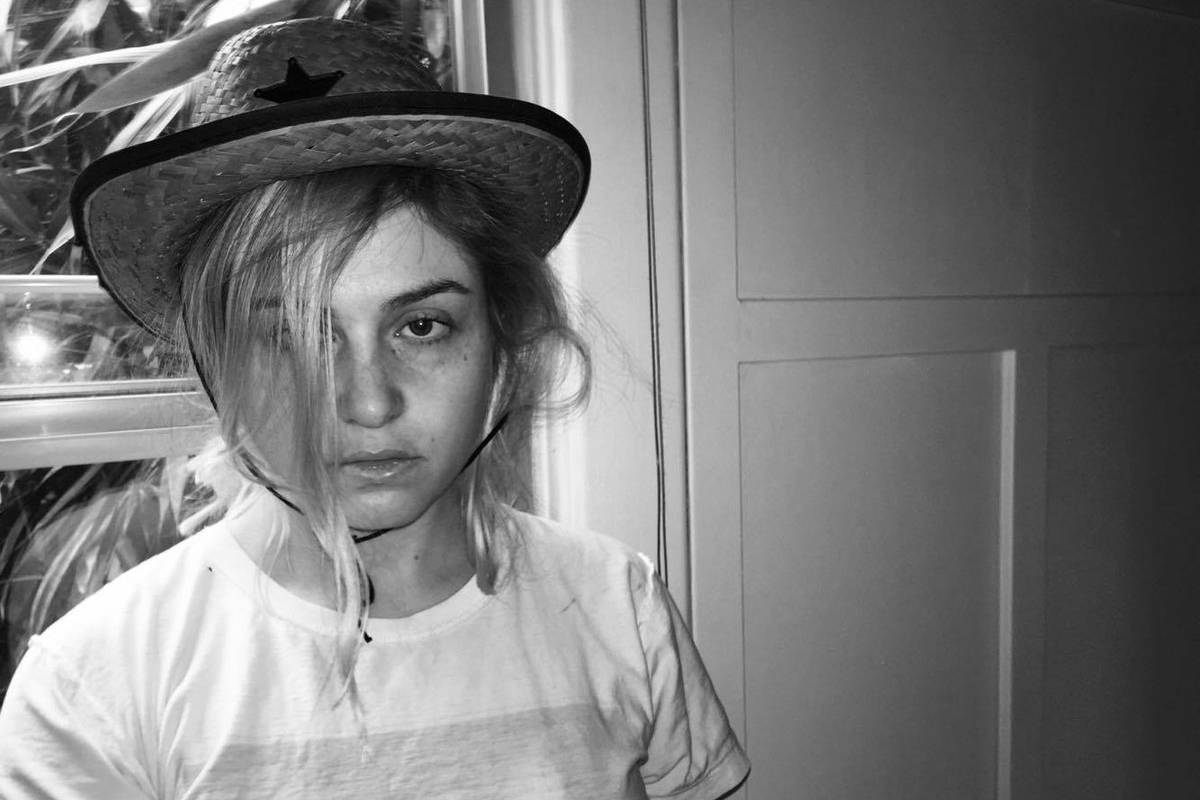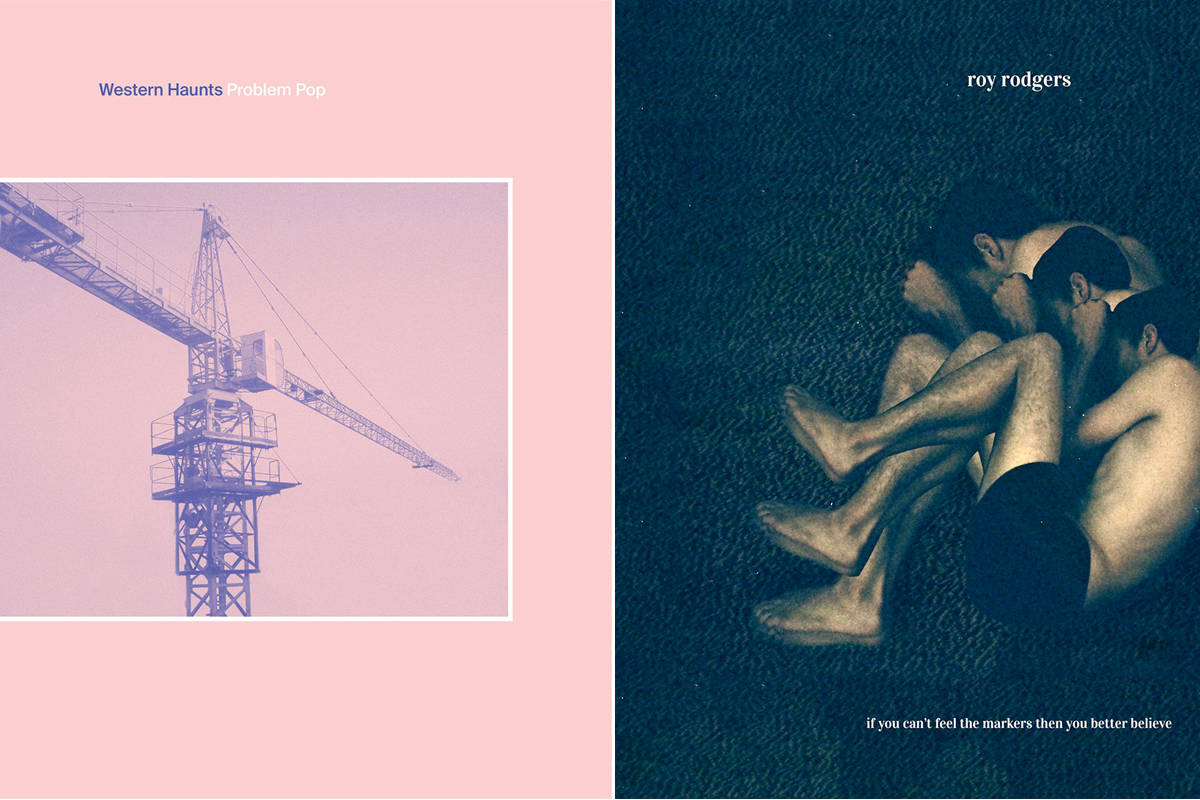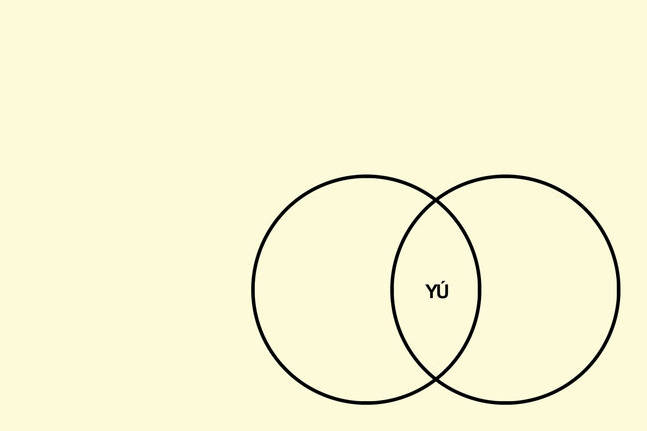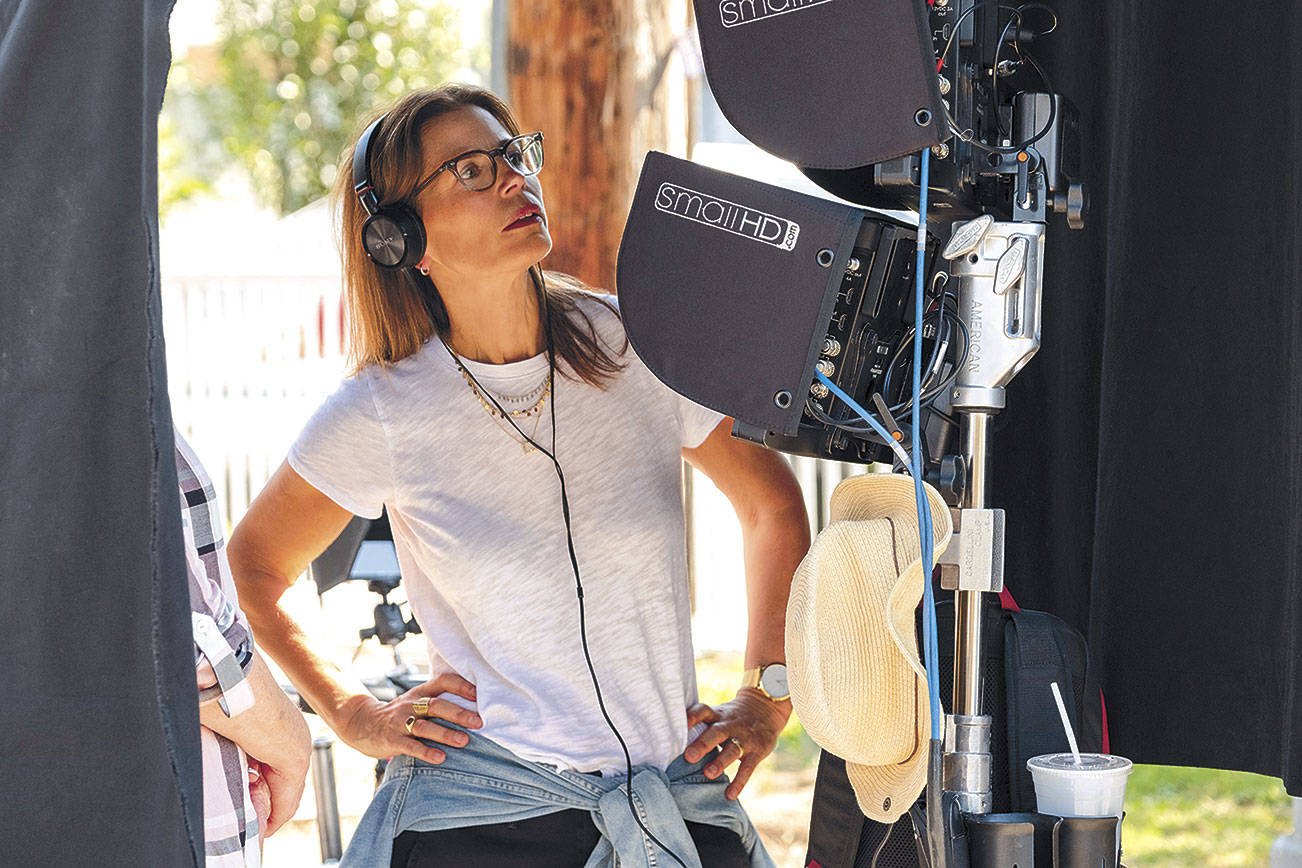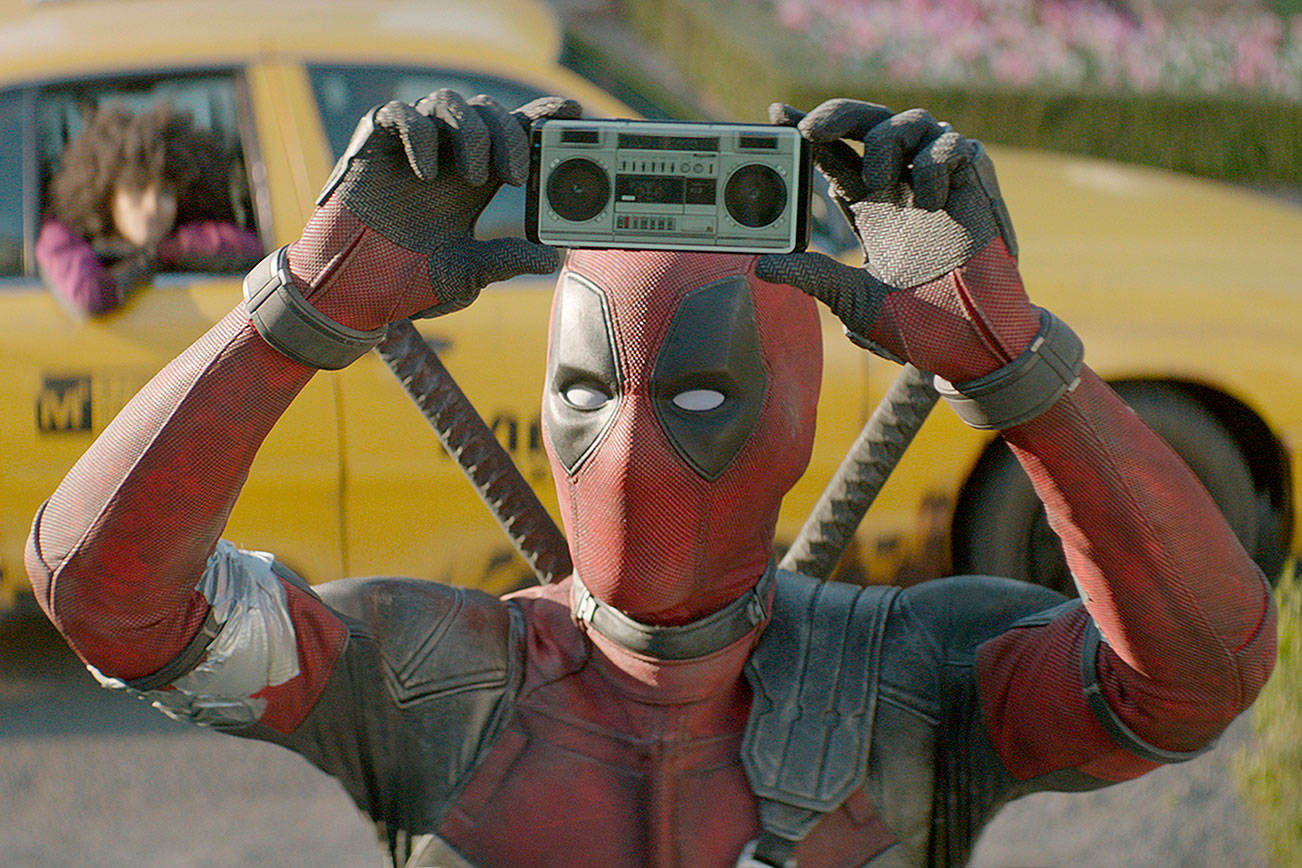iji mastermind Zach Burba has always walked the line between summer and surreal. Sitting at Flowers, a vegan bar in the U District, he wears his sunglasses and sips on a mojito—the visual embodiment of a laidback July. His band’s breezy, A.M.-radio-meets-basement-psych-rock vibe draws from that chilled-out demeanor, but also from unconscious visions. Out of his backpack, Burba pulls a hardback copy of David Coxhead and Susan Hiller’s Dreams: Visions of the Night, a book chronicling paintings of and insights into dreams across cultures and religions. Burba carried the book around with him as he worked on his newest album, Bubble, out Friday on Team Love Records.
On tour in support of 2015’s Whatever Will Happen, the band started to keep a collective dream journal. It was a practice introduced by iji’s former keyboardist Curran Foster, who also runs a Facebook group where Seattle artists share their dreams. On the road, they’d open the journal to a random entry and read it aloud. Burba and the others found that sometimes they didn’t even recognize their own dreams. Despite that, Burba became infatuated with the recurring images that popped up in his and his bandmates’ nighttime visions.
“Our dreams have images in them—symbols,” he says. “Those connect to meaning in your life. But you can see the symbol, know it’s in your dream and not know what it means. Oftentimes it takes somebody else to interpret that for you.”
Burba’s dreams left him with more questions than answers. Yet that unknowingness is what appealed to him most. He began writing in what he calls a “dream language,” using the imagery and words from his dreams as inspiration while having no idea what they might mean. “I think that’s what the essence of poetry is—finding symbols in your life that are unique to you,” he explains. “I would say that on the album, half are symbols [from my dreams] that I could connect on my own and half are symbols that are like, ‘This just keeps coming up as I write. This word keeps coming up, I don’t know what it means but I know that it means something because it keeps coming up.’ ”
For Burba, this meant trying to distinguish what was “nonsense” and “poetry” in these nighttime visions. There’s no definitive basis for either in his mind, but he put faith into process. The meaning and authenticity of his lyrics wouldn’t reveal itself until after the songs were done, including the album’s title. He had randomly thrown out the idea of naming the record Bubble while on tour, without knowing why. Long after settling on it, a friend asked Burba what his last name meant. Not knowing, he looked it up and found that in its Eastern German, Czech-Bohemian roots it translates into “bubble.”
Its saxophone crescendos and undeniable guitar hooks make Bubble feel as airy and fun as anything in iji’s massive back catalog, but it’s also full of mysteries waiting to be uncovered.
